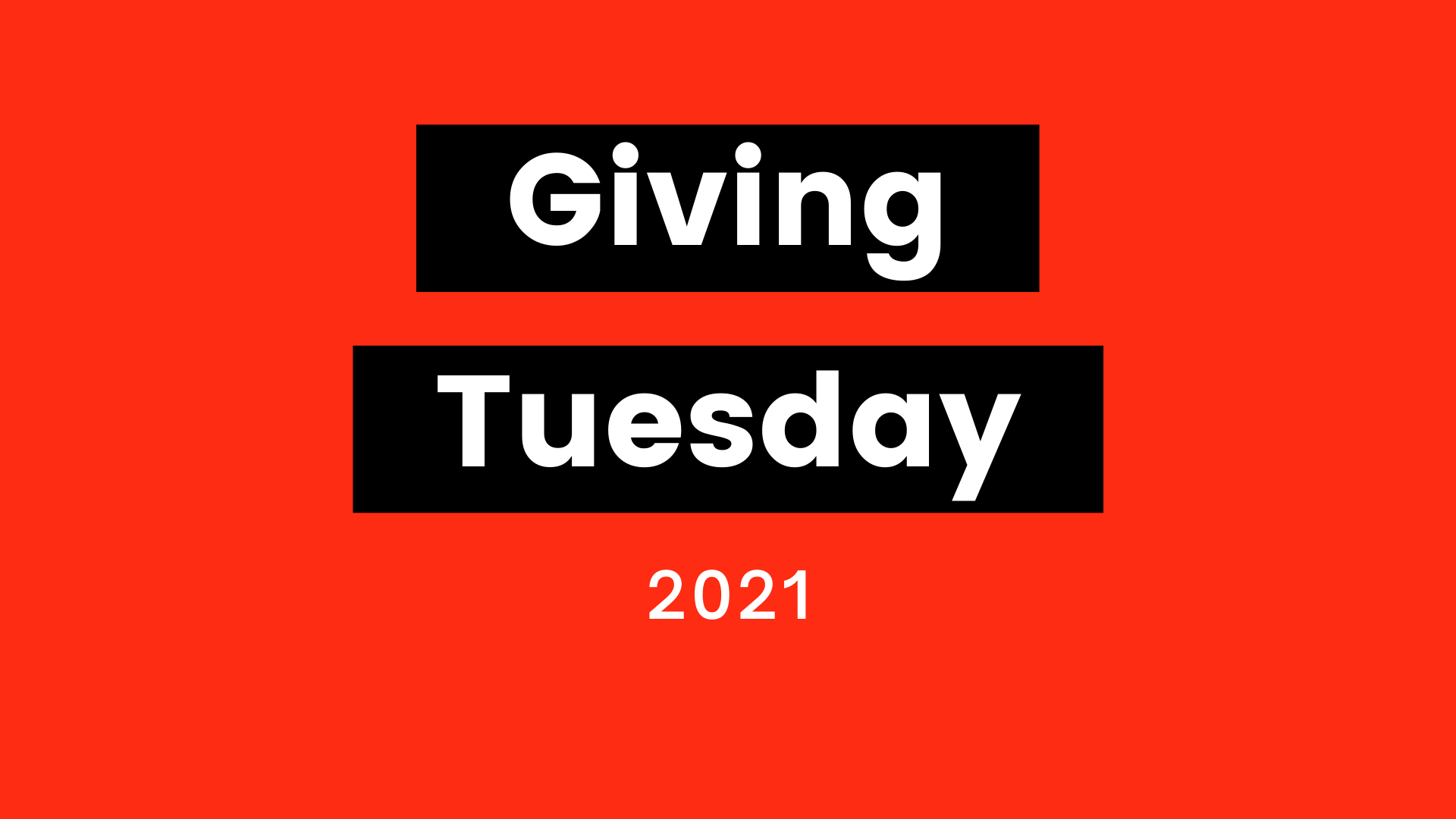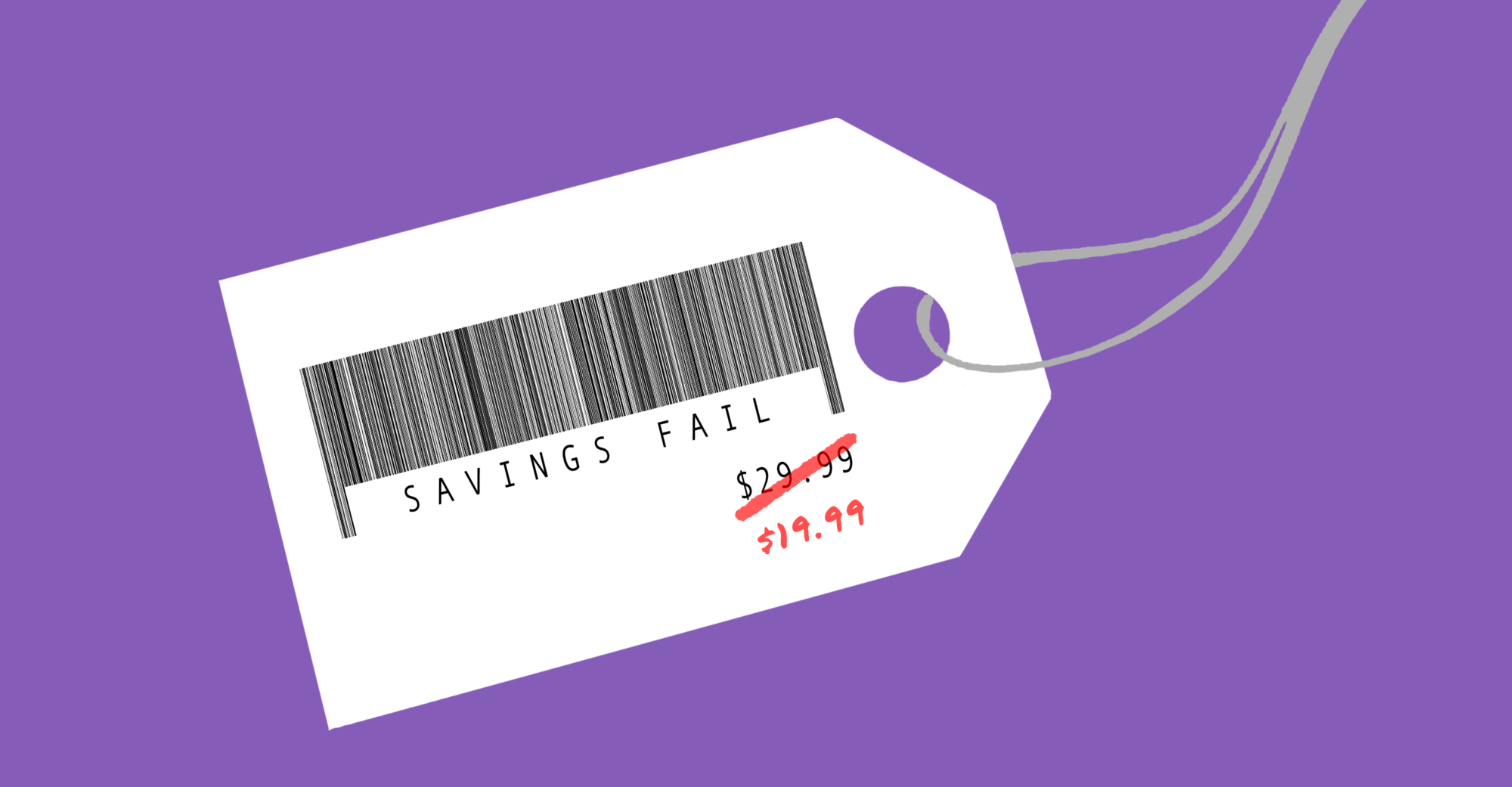
Best Reader Tips of 2021
This year reader tips led to dozens of ad alerts, as well as a complaint to regulators.
Be careful, deceptive marketers -- Santa was watching.
Advertisers got themselves into a variety of troubles this year on subjects ranging from misleading drug promotions to false food claims to unfair tactics meant to stifle negative reviews. There’s so many to choose from, whether they are shady fly-by-night Internet companies promising you’ll get rich quick or major multinational conglomerates. So here’s just the short list of companies we at TINA.org think deserve coal instead of kudos this year (click to embiggen):

Work from home, get rich, and vacation in luxurious resorts. That’s the promise offered by Washington-based Resorts360 Vacation Club. But what Resorts360 is really selling is an illegal pyramid scheme. TINA.org filed complaints in May demanding that the owner shut down the business and that federal and state regulators take action. In September, more than 5,000 consumers signed a petition as well asking government regulators to move more quickly to close down the company.

This company made whopping payouts totaling more than $700 million to settle several class-action lawsuits charging false advertising of its anti-inflammatory drug Vioxx and cholesterol drug Vytorin. In February, the company agreed to a $688 million settlement of two class actions against it and Schering-Plough Corp (which Merck acquired) filed by shareholders who accused the company of making false and misleading statements about the effectiveness of Vytorin. Merck also agreed to pay $23 million to settle claims that it falsely advertised that Vioxx had greater benefits than the generic versions when these benefits had not been established. In a separate settlement in January, the company agreed to pay Missouri residents up to $180 each for promoting and selling Vioxx after it was pulled from the market for doubling users’ risk of having a heart attack or stroke.
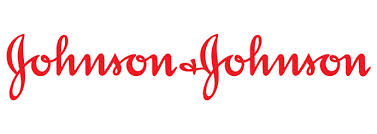
This pharmaceutical giant’s false advertising woes make Merck’s look tiny. In November, the New Jersey based company, which likes to say it is “caring for world one person at a time,” agreed to pay more than $2.2 billion to settle criminal and civil accusations that it marketed the antipsychotic drug Risperdal for unapproved uses to the elderly and children. The agreement is the third-largest settlement in U.S. pharmaceutical history. J&J — the eighth-largest pharmaceutical company in the world — also faced deceptive advertising claims regarding some of its baby products. One complaint fielded in January about Bedtime Bath and Bedtime Lotion alleges that J&J advertises its products as being clinically proven to help babies sleep better when, in actuality, there are no scientifically reliable studies that support the claim. It also faces two class actions alleging that seven of its all-natural Aveeno products aren’t so natural. And it has come under scrutiny for safety and labeling issues for one of its best selling products, Tylenol. An in-depth report by ProPublica and This American Life in September found that acetaminophen, the active ingredient in Tylenol, can lead to liver damage and death from dosages that exceed the maximum recommended amount by only a small margin.
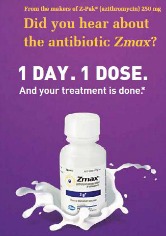
Yet another big pharma company faced scrutiny this year for the marketing of a popular drug. An investigation by 19 state attorneys generals found that Pfizer overstated the benefits and efficiency of Zithromax in a direct-to-consumer advertising campaign to parents of children with ear infections. The states also found that in marketing Zithromax, the company’s ads failed to mention important factors that must be considered when prescribing antibiotics. Pfizer agreed to pay $6 million to settle the charges. The company faced fines as well for its marketing of its Epipen.

Fast food companies have faced the furor of consumers and food advocacy groups over whether their products are healthy. But this fast food home of the Big Mac gets coal this year for a different claim one of its restaurants made in Michigan. A suburban Detroit McDonald’s said its food was prepared according to Islamic law, known as halal. The Muslim community said that was false advertising and sued. In response to the lawsuit, McDonald’s Corp agreed to pay a $700,000 settlement, which included a donation to the Arab American National Museum in Dearborn, Mich.
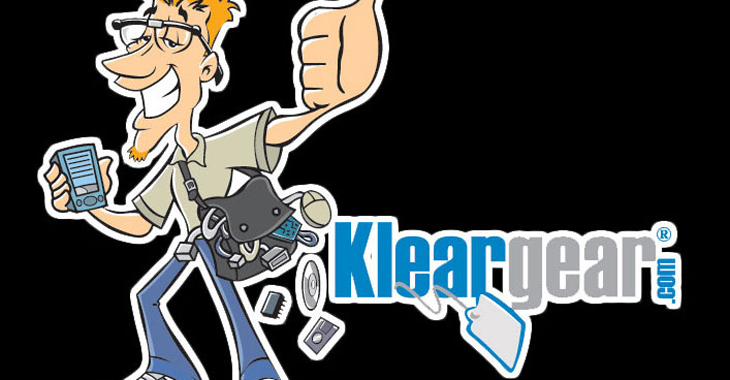
This online company based in San Antonio, Texas slapped a Utah man with a $3,500 penalty when his wife posted a negative review online after she did not receive the gifts her husband bought for her from the company. Kleargear.com accused the couple of violating its non-disparagement agreement — even though that agreement wasn’t even in the company’s policy at the time. When the couple refused to pay, Kleargear reported the debt to credit agencies and they had trouble getting loans, according to Public Citizen, which is defending the couple.

Sure, more states are legalizing marijuana for recreational and medicinal use. But this company gets coal for this television ad that ran in Washington State. The main problem here is its hard-to-read fine print. But mostly, it’s tacky for an industry that wants consumers to take its products seriously.
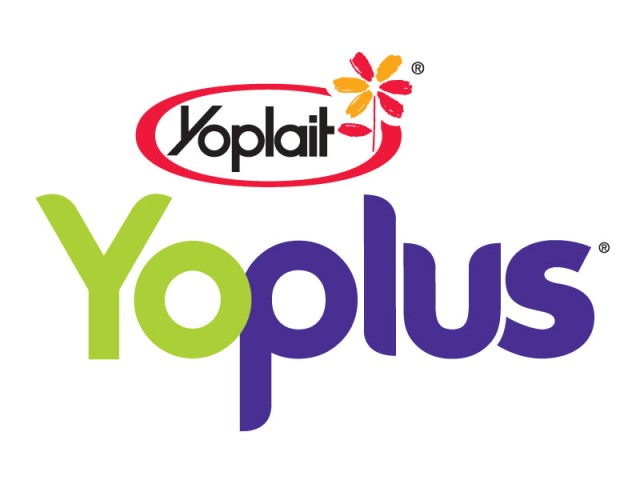
Yo! General Mills said its probiotic yogurt YoPlus provided additional digestive health benefits over other yogurts. Not so, cried consumers who filed a class-action lawsuit claiming deceptive advertising. In February, the food conglomerate agreed to pay $8.5 million to settle the suit, including a $4 refund for those who bought the yogurt hoping for better digestive flow, or whatnot.
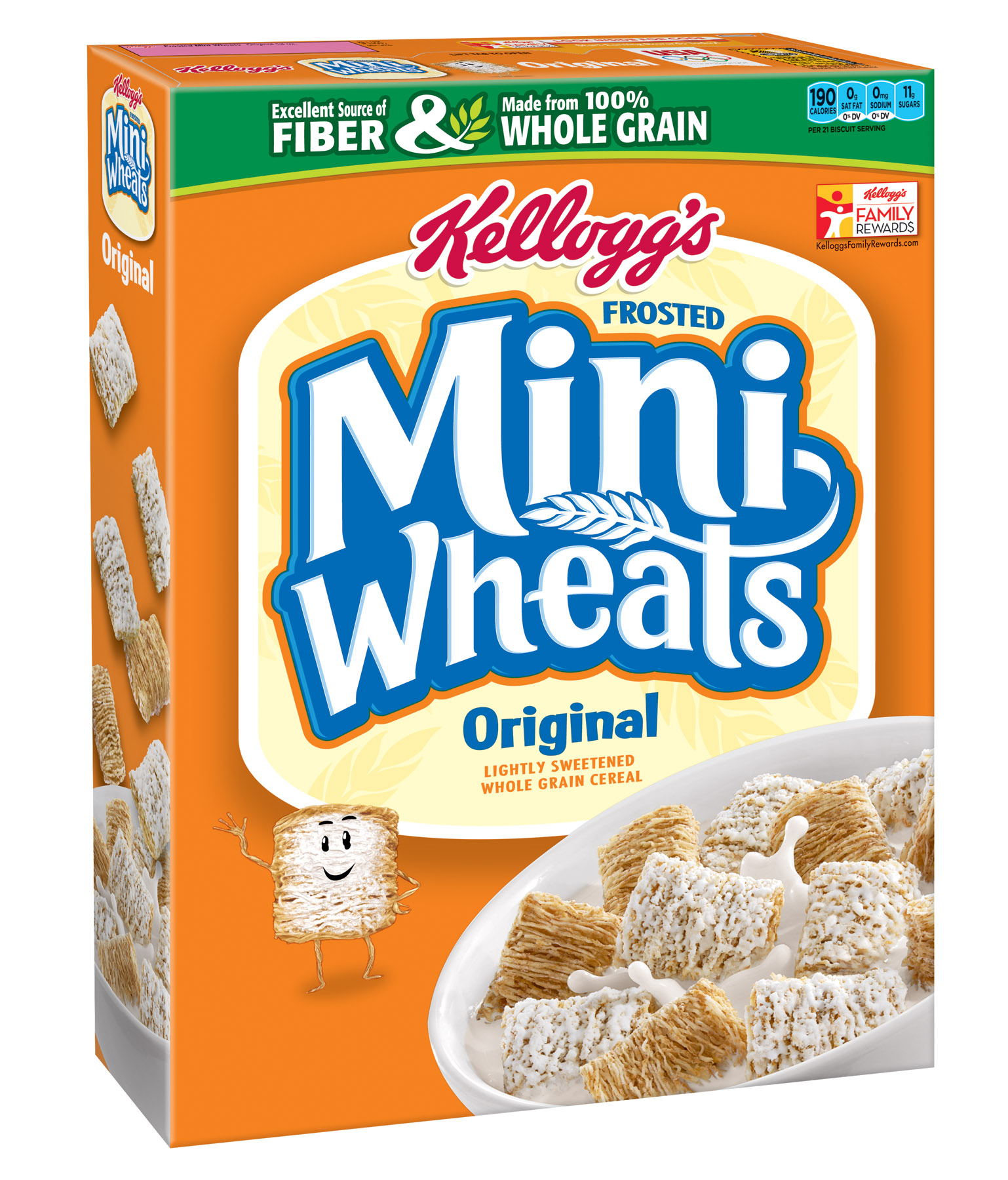
Kellogg’s advertised that its Frosted Mini-Wheat cereals were clinically shown to improve kids’ attentiveness. Hey, who wouldn’t want to give their kid a bowl of cereal that could help their cognitive functioning abilities in school, right? But wait, when push came to shove in the form of a class-action lawsuit over whether the claims were true, Kellogg’s agreed to pay $4 million and give consumers who said the cereal was falsely advertised $5 refunds to settle the case.
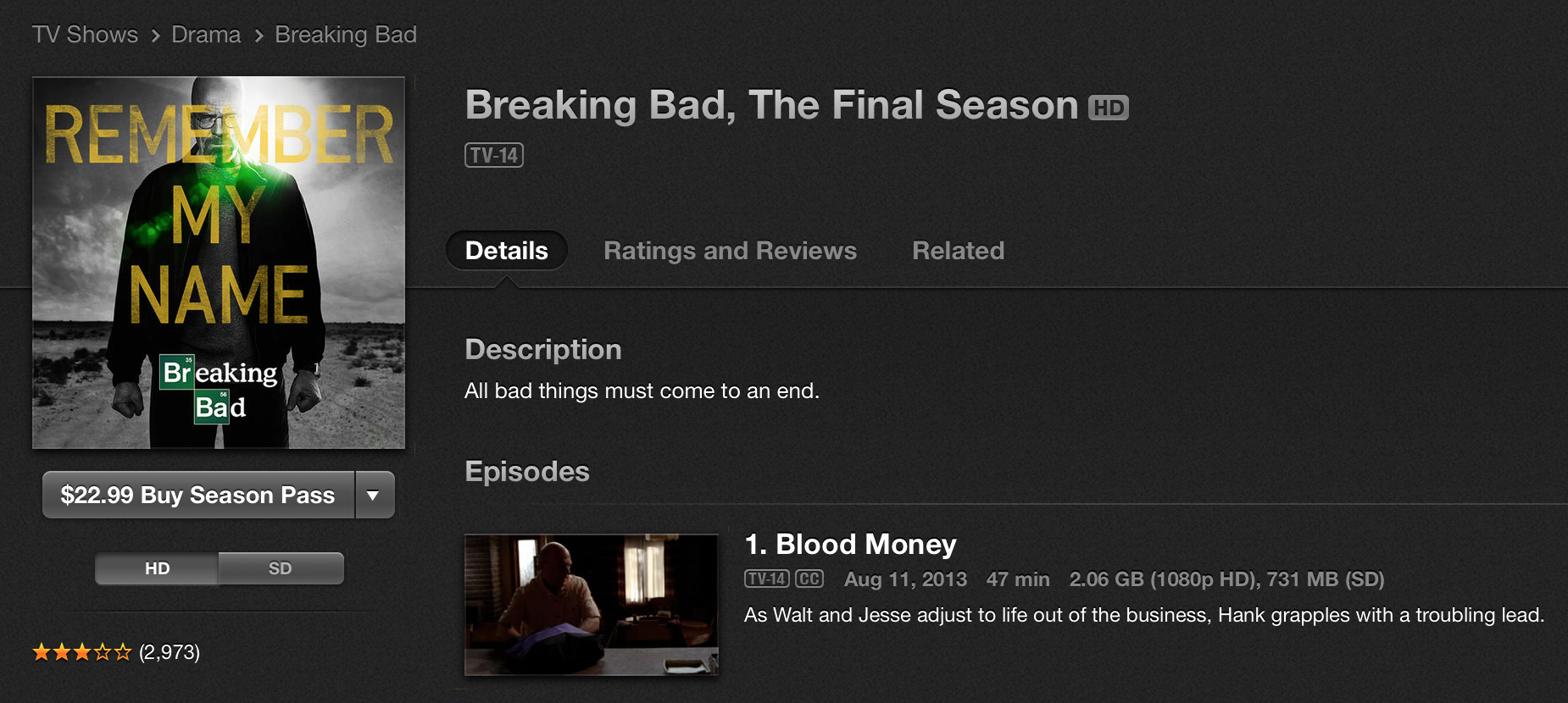
This company gets a stocking full of coal for allegedly taking advantage of Breaking Bad fans, or should we say addicts, who were eager to see all the episodes of the final season of the show. In September, upset viewers filed a class action against Apple, Inc. claiming the company deceived consumers by promoting and selling a “Season Pass” of Breaking Bad Season 5 on iTunes that only allowed them to view the first eight episodes of the 16-episode season. We all know what Jesse Pinkman would say to that.
This year reader tips led to dozens of ad alerts, as well as a complaint to regulators.
Support our mission of keeping ads honest by making a donation to TINA.org.
The illusion of savings.

